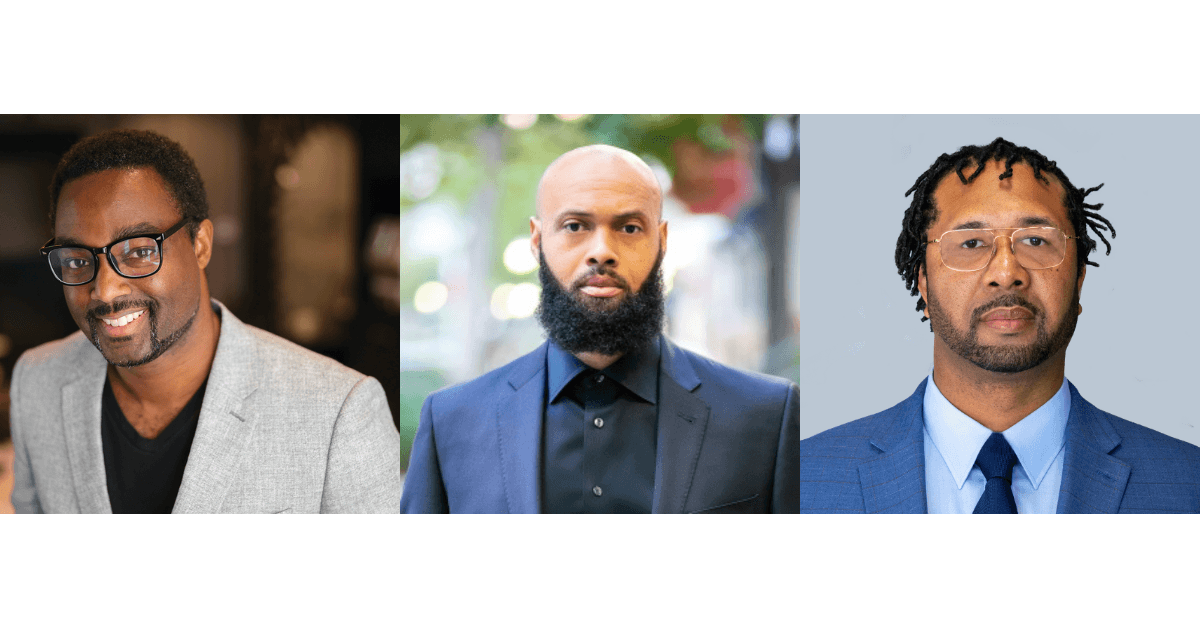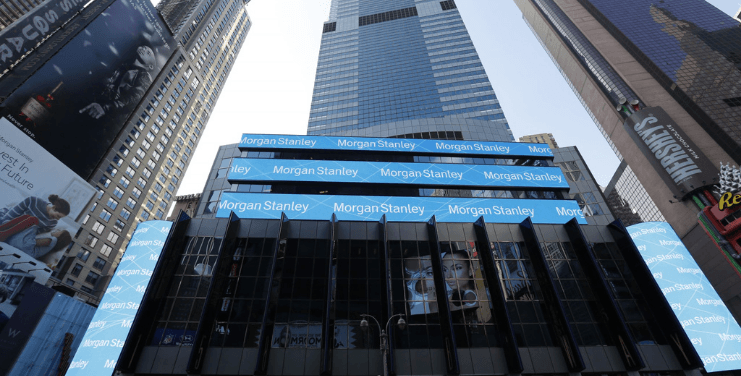Kevin Dedner is a participant in Morgan Stanley’s Multicultural Innovation Lab and founder and CEO of Hurdle. Hurdle was founded in 2018 after Dedner saw a need for effective mental healthcare for people of color.
“The mental health system was created for middle-class white families who experienced a single trauma.”
According to Dedner, there were a lot of people of color starting to seek help for their mental health but then stopping because of lack of proper care. He founded Hurdle to deliver the mental health services needed to serve people of color in a way that would successfully address the mental health problems they were facing.
“When the pandemic hit, my business started to make more sense. A couple of weeks after the pandemic hit, George Floyd was murdered,” Dedner said. “That really brought what we were trying to do at Hurdle front and center.”
“The experts, the advisors, in the Morgan Stanley Innovation Lab helped us realize the opportunities much faster.”
Dedner’s advisor and CEO of the PS27 venture fund encouraged Dedner to apply to the program. Morgan Stanley also became Hurdle’s first institutional investor.
“I was particularly interested in the credibility of being associated with them,” Dedner said.
The experiences in the program provided insight that lead the company to change its name and tweak its business model.
“What Morgan Stanley really helped me understand was how to merge the experience I had and rapidly evolve in the new world. I’m grateful for the experience.”
The program curriculum was thoughtfully created and helped Hurdle prep for what was ahead, according to Dedner.
“The business I have today is not the business I had a year ago. What was surprising to me was the robustness of the content,” he said. “In fairness, some of the content didn’t make sense to me until a couple months later—I had a problem I was trying to solve and I could take what I learned from the curriculum to solve it.”
Getting around the larger problem of the lack of funding to Black founders is also something founders must prepare for. Hurdle overcame this by leaning into the reason why the company was founded.
“We can go into these fundraising conversations a bit unsure about ourselves because we know the odds are essentially stacked against us,” Dedner said. “The turning point, for me, was the advice of MCIL entrepreneur-in-residence William Crowder. He convinced me that the story I had to tell, meaning my experience and why I started the company, and the traction the company was making was sufficient—that I could stand on that.”
Dedner learned that if an investor couldn’t find the value in his company’s story then it wasn’t the right investor, shifting to this mindset helped change his outcomes.
“That was a fundamental turning point. It made a big difference in my presence. I had more self-confidence. Perhaps that’s also half the battle.”
The company recently landed its first enterprise contract and is setting its sights on becoming a national brand. Dedner has laid out a specific path to get there.
“Stay true to the problem you’re trying to solve. Oftentimes for minorities, we have experienced the problems we’re trying to solve firsthand or they may be separated from us by just a degree,” he said. “If you believe you’re solving a problem that deserves to be solved, stay true to that and figure out the business of it.”








